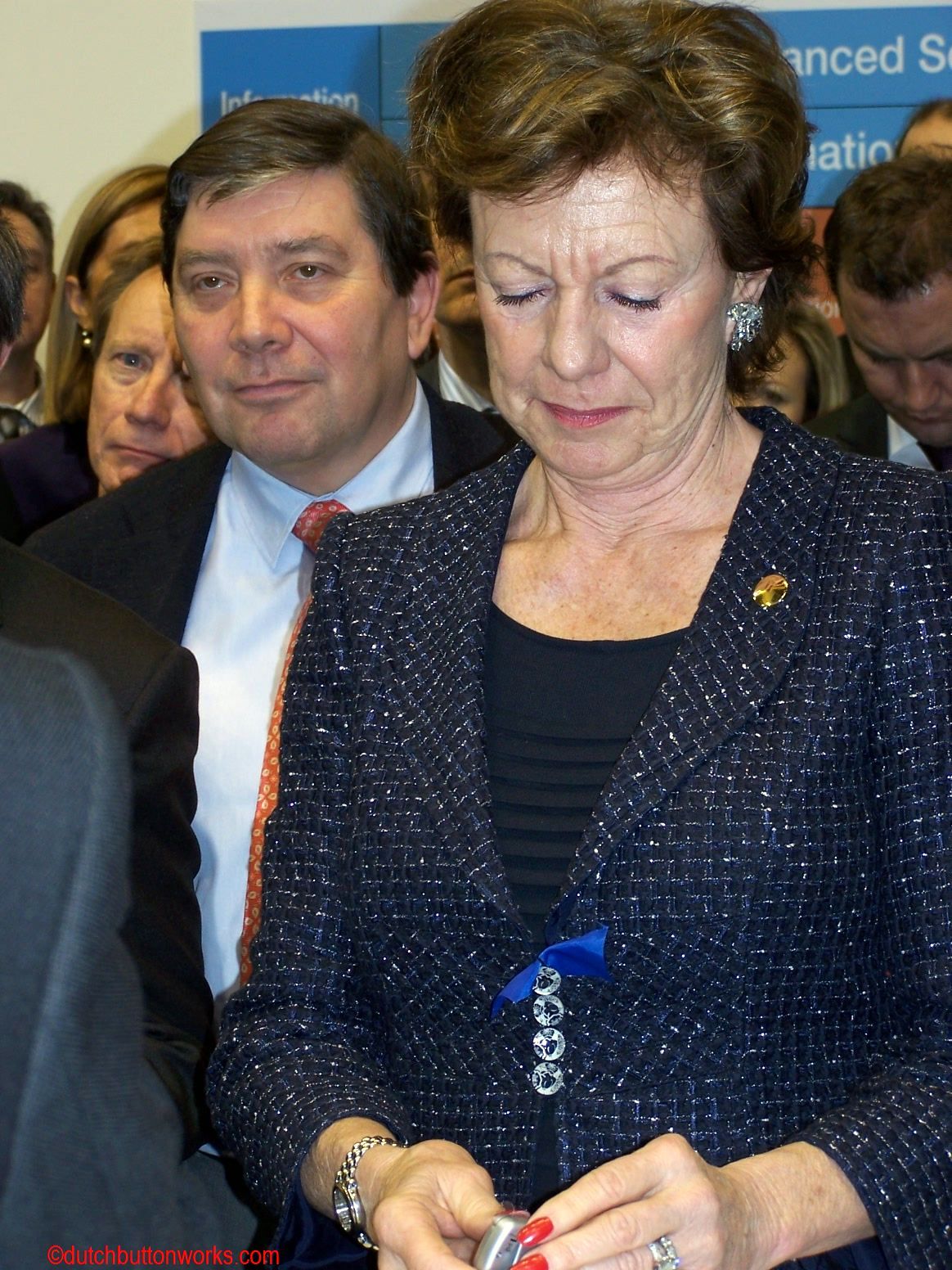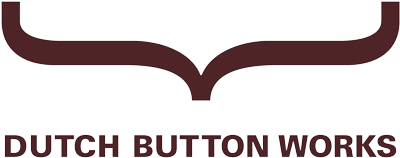Neeli-eKroes
Yesterday, Dutch health insurers and the Netherlands Bureau for Public Policy Analysis announced that the annual health insurance premium per person would rise by 300 Euros over the next four years. The reason for this is that the costs for healthcare will rise by 4% per year, while the economy is expected to grow only by 1.25%. Consequently Dutch citizens have to pay these higher costs. This is not acceptable.
Healthcare costs in Europe have been rising ever since the 1960s. It is expected that in 2050, 29% of the EU population will be over 65 years of age. It is uncertain how long the current health care system can be maintained. European governments therefore either seek to increase annual health care premiums or cut spending. Instead, they should focus on innovation and smart spending, such as e-health.
Neelie Kroes WOHIT2010

A 2008 case study showed that the annual costs per patient could be reduced by 36.7% by using e-health solutions. If e-health solutions were to implemented all over Europe, it is very likely that Europeans’ health care premiums would not rise but fall in the coming years. In times of fiscal austerity and rising deficits, smart spending is often more effective than cutting spending.
The EU’s Digital Agenda for Europe, which I am co-ordinating, gives a clear strategy to use ICT opportunities to the advantage of European society. E-health is one of the most promising of such opportunities. European governments should look towards the future and grasp the opportunities ICT is providing by preparing there people, young and old, for the years to come.
